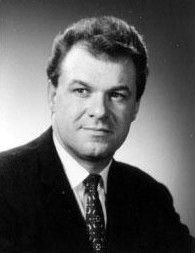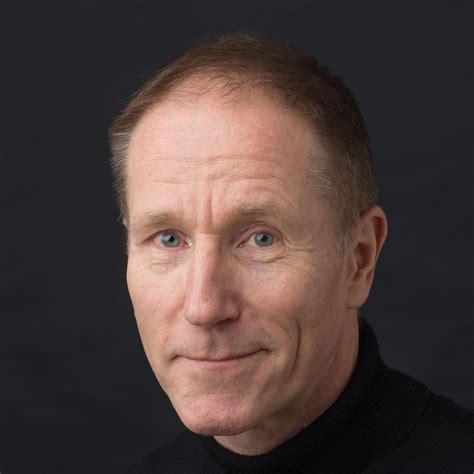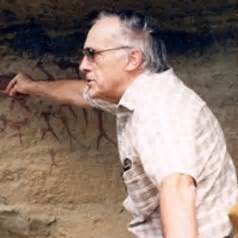A Quote by Norwood Russell Hanson
All data are filtered, observation is necessarily 'theory-laden'.
Quote Topics
Related Quotes
[Theory is] an explanation that has been confirmed to such a degree, by observation and experiment, that knowledgeable experts accept it as fact. That's what scientists mean when they talk about a theory: not a dreamy and unreliable speculation, but an explanatory statement that fits the evidence. They embrace such an explanation confidently but provisionally - taking it as their best available view of reality, at least unil some severely conflicting data or some better explanation might come along.
Disruptive technology is a theory. It says this will happen and this is why; it's a statement of cause and effect. In our teaching we have so exalted the virtues of data-driven decision making that in many ways we condemn managers only to be able to take action after the data is clear and the game is over. In many ways a good theory is more accurate than data. It allows you to see into the future more clearly.
Observation and theory get on best when they are mixed together, both helping one another in the pursuit of truth. It is a good rule not to put overmuch confidence in a theory until it has been confirmed by observation. I hope I shall not shock the experimental physicists too much if I add that it is also a good rule not to put overmuch confidence in the observational results that are put forward until they have been confirmed by theory.
No theory ever benefited by the application of data, Amy. Data kills theories. A theory has no better time than when it's lying there naked, pure, unsullied by facts. Let's just keep it that way for a while." "So you don't really have a theory?" "Clueless." "You lying bag of fish heads." "I can fire you, you know. Even if Clay was the one that hired you, I'm not totally superfluous to this operation yet. I'm kind of in charge. I can fire you. Then how will you live?" "I'm not getting paid." "See, right there. Perfectly good concept ruined by the application of fact.
We have three approaches at our disposal: the observation of nature, reflection, and experimentation. Observation serves to assemble the data, reflection to synthesise them and experimentation to test the results of the synthesis. The observation of nature must be assiduous, just as reflection must be profound, and experimentation accurate. These three approaches are rarely found together, which explains why creative geniuses are so rare.
In arriving at the relevant theory about the specifics of our faculty of vision we will presumably use our eyes to gather relevant data. Based on such data we come to know about the optic nerve, the structure of our eyes, the rods and cones, etc., so as to explain how it is that vision gives us reliable access to the shapes and colors of objects around us. In reliably arriving at that theory we thus exercise the very faculty whose reliability is explained by the theory. There is no vice in this sort of circularity.








































